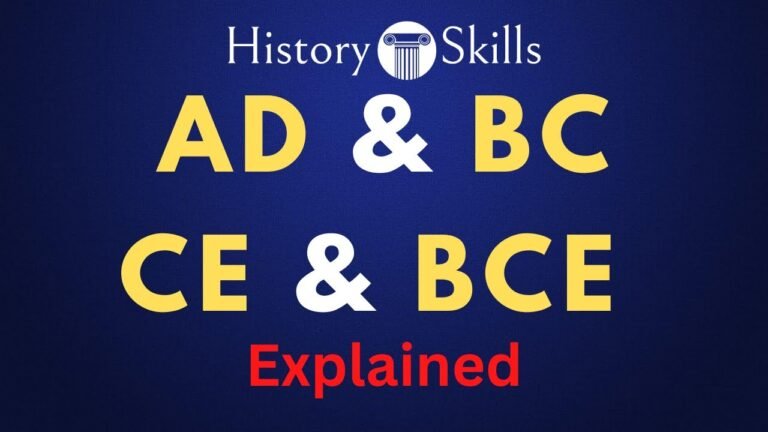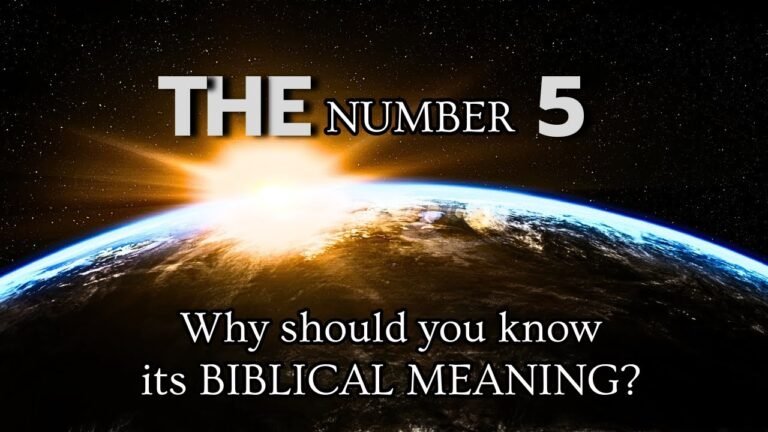Celestial Insights: Astrology in Biblical Context
Astrology and the Bible have long been subjects of intrigue and debate, each offering distinct perspectives on the cosmos and human existence. While astrology delves into the influence of celestial bodies on personal destinies, the Bible provides spiritual guidance and moral teachings rooted in faith. This article explores the intersection of these two realms, examining how ancient texts and celestial interpretations can coexist, challenge, and enrich our understanding of the universe and our place within it. Join us as we uncover the fascinating connections and contrasts between astrology and biblical teachings.
Is astrology permissible within Christianity?
Astrology, with its allure of predicting the future and understanding human behavior through celestial bodies, stands in stark contrast to Christian teachings. The Bible explicitly warns against the pursuit of false gods and practices that divert believers from their faith. Verses such as Matthew 24:24 and Exodus 20:3 highlight the importance of worshiping God alone, emphasizing that reliance on anything outside of Him is considered a sin.
Furthermore, the Scriptures do not provide any endorsement for astrology or its practitioners. Instead, they advocate for a trust in God’s divine plan and authority over all creation. 1 Corinthians 8:6 reiterates that there is one God, underscoring the idea that celestial entities do not possess power or control over human destiny. This perspective encourages Christians to seek guidance and wisdom from their faith rather than from the stars.
Ultimately, engaging with astrology can lead believers away from the foundational truths of Christianity. By prioritizing spiritual discernment and grounding oneself in biblical teachings, individuals can cultivate a deeper relationship with God. This approach not only aligns with Christian doctrine but also fosters a sense of purpose and clarity that astrology cannot provide.
Does the Bible mention astrology?
The Bible addresses astrology in several passages, often highlighting its role in the context of ancient practices. In Isaiah 47:13, the text challenges astrologers and stargazers who claim to predict the future based on celestial movements, suggesting skepticism towards their abilities. This verse indicates that reliance on such practices may be misplaced, as they do not hold the answers one seeks.
Similarly, in the Book of Daniel, astrology is mentioned alongside other mystical arts when the king calls upon magicians and enchanters to interpret his dreams. Daniel 2:2 illustrates the importance placed on these figures in the royal court, yet it also sets the stage for a contrast between their limitations and the divine wisdom that Daniel possesses. This scenario underscores a recurring theme in the Bible—human attempts to decipher the unknown often fall short without divine guidance.
Overall, while astrology is acknowledged in biblical texts, it is frequently portrayed with skepticism. The emphasis is on the supremacy of divine knowledge over human speculation, encouraging readers to seek truth and wisdom beyond the stars. These references remind us of the importance of discernment in our pursuit of understanding the world around us.
Is it possible to believe in both God and astrology?
Belief in God and astrology can coexist harmoniously, as both realms explore the mysteries of existence. Many people find that astrology offers insights into human behavior and life events, providing a framework that complements their spiritual beliefs. This interplay can deepen one’s understanding of the divine, revealing the intricate connections between the cosmos and individual lives.
Astrology suggests that celestial bodies influence earthly affairs, reflecting a universe governed by order and purpose. This aligns beautifully with the idea of a Creator who orchestrates the cosmos with intention. Such a perspective allows believers to appreciate the divine architecture of the universe, seeing astrological patterns as expressions of God’s wisdom rather than contradictions to faith.
Ultimately, the synthesis of faith and astrology can enrich one’s spiritual journey. By embracing both belief systems, individuals can navigate life’s complexities with a sense of connection to something greater than themselves. This approach fosters a holistic view of existence, where the stars serve as a guiding light, illuminating the path laid out by divine will.
Unveiling the Stars: The Intersection of Faith and Astrology
In a world where science and spirituality often seem at odds, the exploration of astrology presents a fascinating intersection with faith. Many find solace in the belief that celestial bodies influence our lives, guiding us through the complexities of existence. Astrology, with its rich history and intricate symbolism, offers a unique lens through which we can examine our purpose and potential, inviting individuals to reflect on their spiritual journeys.
As the stars twinkle above, they remind us of a greater design, one that intertwines fate with free will. This belief encourages a dialogue between the mystic and the believer, where astrological insights can enhance one’s spiritual understanding. The alignment of stars at the moment of our birth can be seen as a divine blueprint, suggesting that we are part of a vast cosmic narrative, one that beckons us to engage with our inner selves and the universe around us.
Ultimately, the intersection of faith and astrology not only enriches our spiritual lives but also fosters a sense of community among those who seek guidance beyond the physical realm. Whether through the comforting embrace of a horoscope or the profound teachings of ancient texts, this blend offers a pathway to self-discovery and empowerment. By embracing both faith and astrology, individuals can unlock deeper meanings in their lives and cultivate a more profound connection with the cosmos.
Divine Alignment: Exploring the Cosmic in Scripture
Throughout history, the intersection of spirituality and the cosmos has captivated the human imagination. Scripture often reflects this divine alignment, inviting readers to contemplate their place in the universe. From the creation narratives to prophetic visions, sacred texts reveal a tapestry woven with celestial symbols and themes, suggesting that the cosmos is not merely a backdrop but an integral part of the divine narrative.
As we delve deeper into these texts, we uncover the profound connections between the earthly and the heavenly. Many passages evoke imagery of stars, planets, and natural phenomena, illustrating how the divine communicates through the cosmos. This cosmic language encourages believers to seek understanding beyond the material world, fostering a sense of awe and reverence for the mysteries that lie beyond human comprehension.
Ultimately, the exploration of divine alignment through scripture invites us to reflect on our own journeys. By recognizing the interconnectedness of our lives with the universe, we can cultivate a greater awareness of our spiritual purpose. Embracing this cosmic perspective not only deepens our faith but also inspires us to live in harmony with the world around us, forging a path that resonates with both the sacred and the celestial.
Heavenly Guidance: Astrology’s Role in Biblical Narratives
Throughout biblical narratives, celestial bodies often serve as symbols of divine guidance, illuminating the decisions and destinies of key figures. From the Star of Bethlehem that guided the Magi to the birthplace of Jesus to the dream of Joseph, where celestial imagery foretold his family’s future, astrology emerges as a subtle yet profound element woven into the fabric of these stories. These heavenly signs not only reflect the characters’ inner conflicts and divine missions but also underscore the belief that the cosmos plays a significant role in human affairs.
Astrology in the Bible transcends mere fortune-telling; it encapsulates a deeper spiritual understanding of the universe. Many biblical characters interpret celestial events as messages from God, shaping their actions and fostering a relationship with the divine. The patterns of the stars are seen as a reflection of God’s will, guiding individuals through trials and tribulations while reinforcing the interconnectedness of all creation. This perspective invites a reflection on how human experiences resonate with the greater cosmic order.
Ultimately, the presence of astrological elements in biblical narratives encourages readers to explore the intersection of faith and the cosmos. It prompts a dialogue about the significance of celestial phenomena in understanding life’s purpose and divine direction. In this light, astrology serves not merely as a tool for prediction but as a reminder of the divine orchestration that governs both the heavens and human lives, urging us to seek deeper meaning in our spiritual journeys.
Astrology and the Bible may seem like disparate realms, yet their intersections invite rich exploration and reflection. By examining these ancient texts and beliefs side by side, we uncover profound insights into human nature, the quest for meaning, and the cosmos. Embracing both perspectives encourages a deeper understanding of ourselves and the universe, revealing that the search for truth is as diverse as the stars themselves.







